With a few helpful tweaks to its regulations on crop biotechnology, the European Union could easily spawn an avalanche of research opportunities, stimulate fresh innovation that would bolster its agricultural production and catapult trade and investment to new levels.
However, even as much of the world is embracing these technologies, the EU has hardly budged from its stance over the last few decades, preferring to follow the beaten path of its own rigid legislation.
The EU’s rigidity partly informs the United Kingdom’s post-Brexit quest to develop a homegrown policy framework that could allow it to capitalize on burgeoning trade opportunities outside the EU and leverage its considerable research and innovation proficiency. The UK is mulling a flexible, science-driven approach to the regulation of second-generation genetic technologies, such as gene editing.
One principle underlying the EU’s regulation of new breeding technologies holds the key to unraveling the sub-continent’s reluctance to adopt agricultural biotechnology and informs its influence on trade policy in other parts of the globe.
At the dawn of regulating first-generation genetically modified (GM) products in the 1980s, the EU favored a “process-based approach.” focusing on the process of genetic modification itself and capturing all of its products, regardless of their properties, within a common regulatory regime developed specifically for this purpose.
This approach contrasted with the product-based approach adopted by the United States, which focused on the properties of the final crop product, its benefits and risks. This division persists today, notes the Report on Genetic Technologies released recently by the Regulatory Horizons Council (RHC) of the United Kingdom. The current EU regulatory system for GM organisms stands accused of deliberately setting up a technical barrier to trade.
Many countries, particularly African nations, with the exception of South Africa, have adopted the EU-driven process-based approach to regulating GM products. This is partly due to a desire to maintain favorable trade terms that facilitate agricultural exports to the EU, the report finds.
The report further observes that the EU’s regulatory system, along with “the very precautionary and politicized approach to its implementation,” has resulted in the absence of any significant adoption of GM crops in the EU, though the EU does import GM animal feed.
A further bottleneck is the EU’s insistence on reinforcing the status quo by lumping all products of genetic technologies under the umbrella of genetic modification, prompting the influential European Academies Science Advisory Council (EASAC) to demand “radical reform of the legal framework.” If the UK adopts a different regulatory scheme, it will have significant implications for trade, the report states.
“Given the UK’s strengths in research and innovation in second-generation genetic technologies, we could expect regulatory adaptation to have a very significant impact on our future innovation capabilities,” the report states. “Following this route will have trade-related implications. For example, there may be negative impacts on trade with the EU… However, trading opportunities with most of the rest of the world beyond the EU will be opened up and, given the current lack of EU trade in products of genetic technologies, the balance for the UK is likely to be positive.”
The report outlines some of the key gains that have been realized with GM farming, which include favorable economic outcomes for producers, lower pest incidence, increased insect-biodiversity following the adoption of insect-resistant crops, savings in climate-damaging carbon dioxide (CO2) emissions and soil improvement resulting from no-till agriculture and productivity gains resulting in potential land-saving outcomes. Another study found that the opportunity cost of the EU’s refusal to allow cultivation of GM varieties of key crops currently totals 33 million tonnes of CO2 per year.
Various influential organizations have indicated their support of moving to product- or trait-based regulatory approaches, a position endorsed by the RHC, arguing that regulatory focus should be on the product and its properties rather than the genetic technology used to produce it. In addition to the EASAC they include the European Plant Science Organization (EPSO), the European Seed Association (ESA), the Royal Swedish Academy of Agriculture and Forestry (KSLA), the National Academy of Sciences (NAS) in the US, and the Biotechnology and Biological Sciences Research Council (BBSRC) and the Advisory Committee on Releases to the Environment (ACRE) in the UK. There are also increasing pressures for regulatory change within the EU that could result in their future alignment with most other countries.


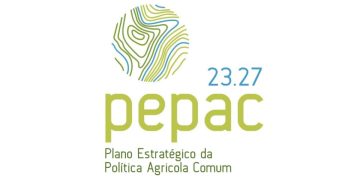
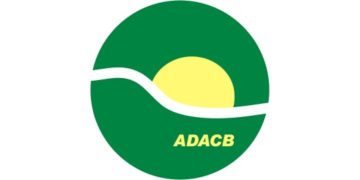
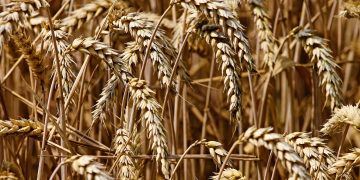
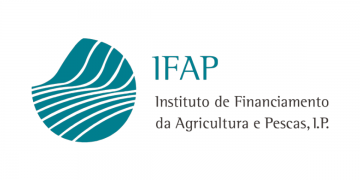

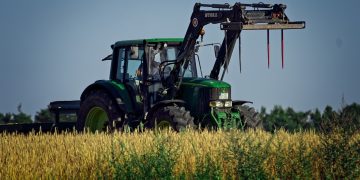











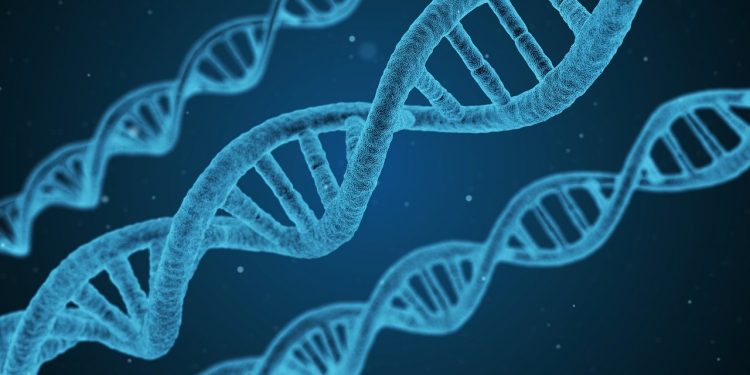
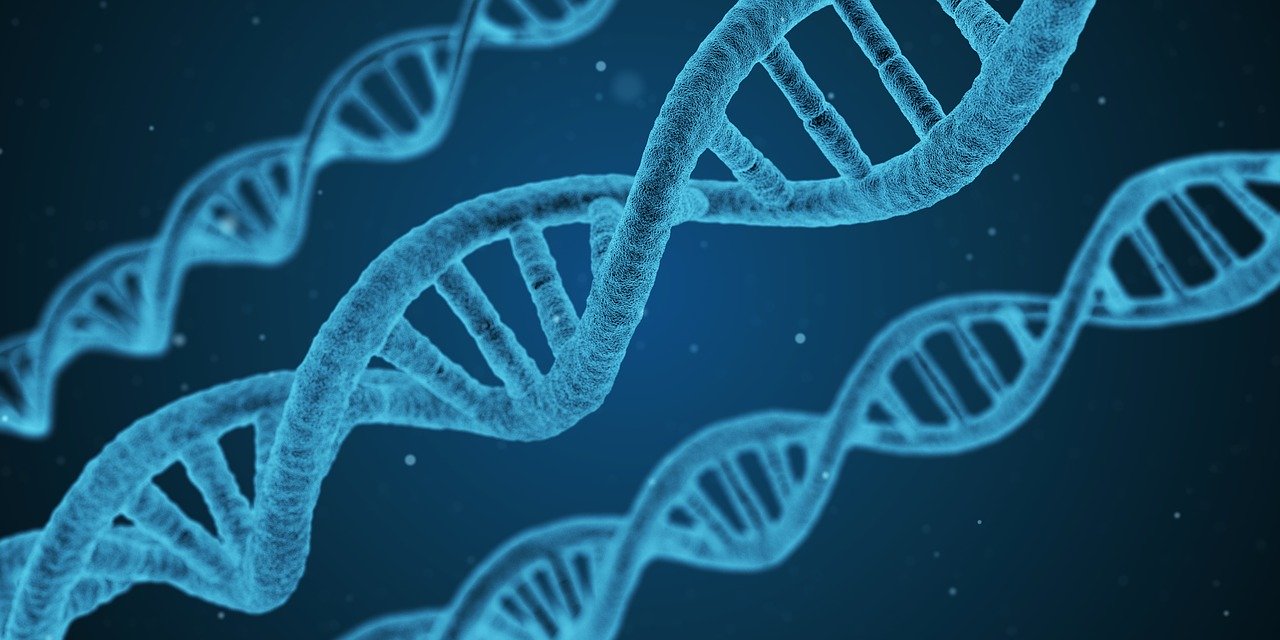
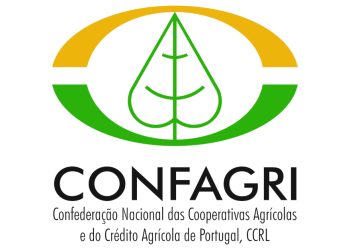
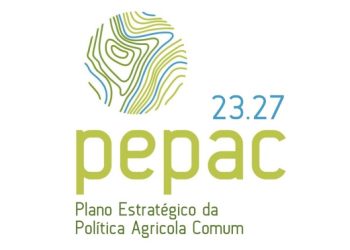

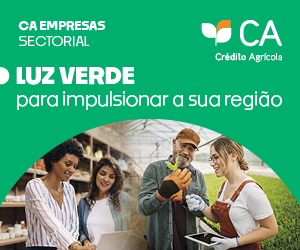
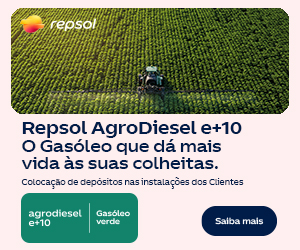


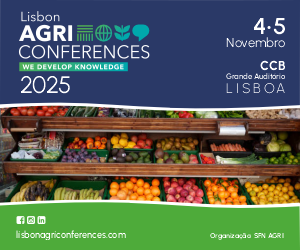














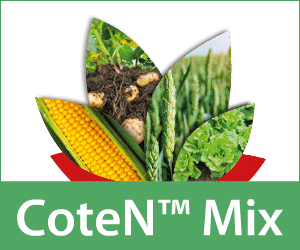







Discussão sobre este post